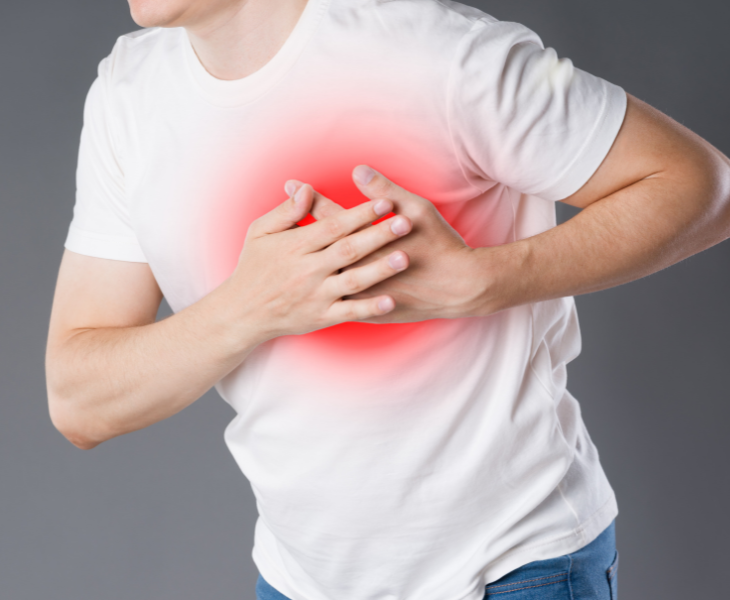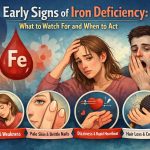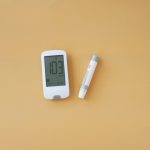Heart disease is a prevalent and potentially life-threatening condition that affects millions of people worldwide. Recognizing the signs and symptoms of heart disease is crucial for early detection and timely intervention.
By paying attention to these warning signals, you can take proactive steps to protect your heart health and seek medical assistance when needed.
In this blog post, we will discuss the common signs and symptoms of heart disease that should not be ignored.
Signs and Symptoms of Heart Disease You Should Be Aware Of
1. Chest Pain or Discomfort
One of the most recognizable signs of heart disease is chest pain or discomfort, also known as angina. It may feel like pressure, tightness, squeezing, or burning in the chest. The pain can also radiate to the arms, shoulders, neck, jaw, or back. If you experience persistent chest pain, seek medical attention immediately.

2. Shortness of Breath
Feeling breathless or experiencing difficulty breathing, especially during physical activity or while lying down, may indicate heart disease. This symptom occurs when the heart struggles to pump enough blood to meet the body’s oxygen needs.
3. Fatigue and Weakness
Heart disease can cause excessive fatigue and weakness due to inadequate blood supply and oxygen to the body’s tissues. If you frequently feel exhausted despite sufficient rest, it could be a sign of an underlying heart condition.
4. Dizziness and Fainting
A sudden feeling of lightheadedness, dizziness, or fainting could be a result of reduced blood flow to the brain. When the heart is unable to pump effectively, it can lead to these symptoms. If you experience recurrent episodes of dizziness or fainting, consult your healthcare provider.
5. Rapid or Irregular Heartbeat
Heart palpitations, characterized by a racing or irregular heartbeat, may be indicative of heart disease. Arrhythmias, such as atrial fibrillation, can increase the risk of stroke and other complications. Seek medical advice if you notice significant changes in your heart rate or rhythm.
6. Swelling
Fluid retention or edema, often noticeable in the legs, ankles, feet, or abdomen, can be a sign of heart failure. When the heart is weakened, it struggles to circulate blood efficiently, leading to fluid accumulation in certain body parts.
7. Persistent Cough
A chronic or persistent cough, accompanied by white or pink-tinged phlegm, may be a symptom of heart disease. Fluid backup in the lungs can trigger a cough that worsens when lying down or at night. If you have a persistent cough, consult a healthcare professional.
8. Chest Discomfort During Physical Activity
If you experience chest pain, tightness, or discomfort during physical exertion or exercise, it may indicate reduced blood flow to the heart. This symptom, known as angina, should not be ignored and requires medical attention.

9. Nausea and Loss of Appetite
In some cases, heart disease can cause digestive symptoms such as nausea, indigestion, or loss of appetite. These symptoms often accompany other warning signs and should be evaluated by a healthcare provider.
10. Cold Sweats
Experiencing cold sweats, even when the weather or activity level doesn’t warrant it, can be an indication of heart disease. Profuse sweating without any apparent cause should be taken seriously and discussed with a medical professional.
11. Leg Pain
Peripheral artery disease (PAD) is a type of heart disease that affects blood vessels in the legs. Leg pain, cramping, or weakness during physical activity can be an early sign of PAD. If you notice these symptoms, consult a healthcare provider for evaluation.
12. Jaw or Throat Pain
Unexplained pain or discomfort in the jaw, throat, or upper abdomen can occasionally be a symptom of heart disease, particularly in women. These atypical symptoms should not be ignored and should prompt further investigation.
13. Anxiety and Restlessness
While anxiety alone is not a direct symptom of heart disease, some people may experience feelings of unease, restlessness, or a sense of impending doom before or during a heart attack. If you have concerns about your heart health, it is essential to address them with a medical professional.
Conclusion
Recognizing the signs and symptoms of heart disease is vital for early detection and effective management. If you experience any of the aforementioned warning signs, it is crucial to consult a healthcare professional promptly.
Additionally, maintaining a heart-healthy lifestyle, including regular exercise, a balanced diet, stress management, and avoiding smoking and excessive alcohol consumption, can significantly reduce the risk of heart disease. Your heart health matters, so listen to your body and take proactive steps to protect it.








